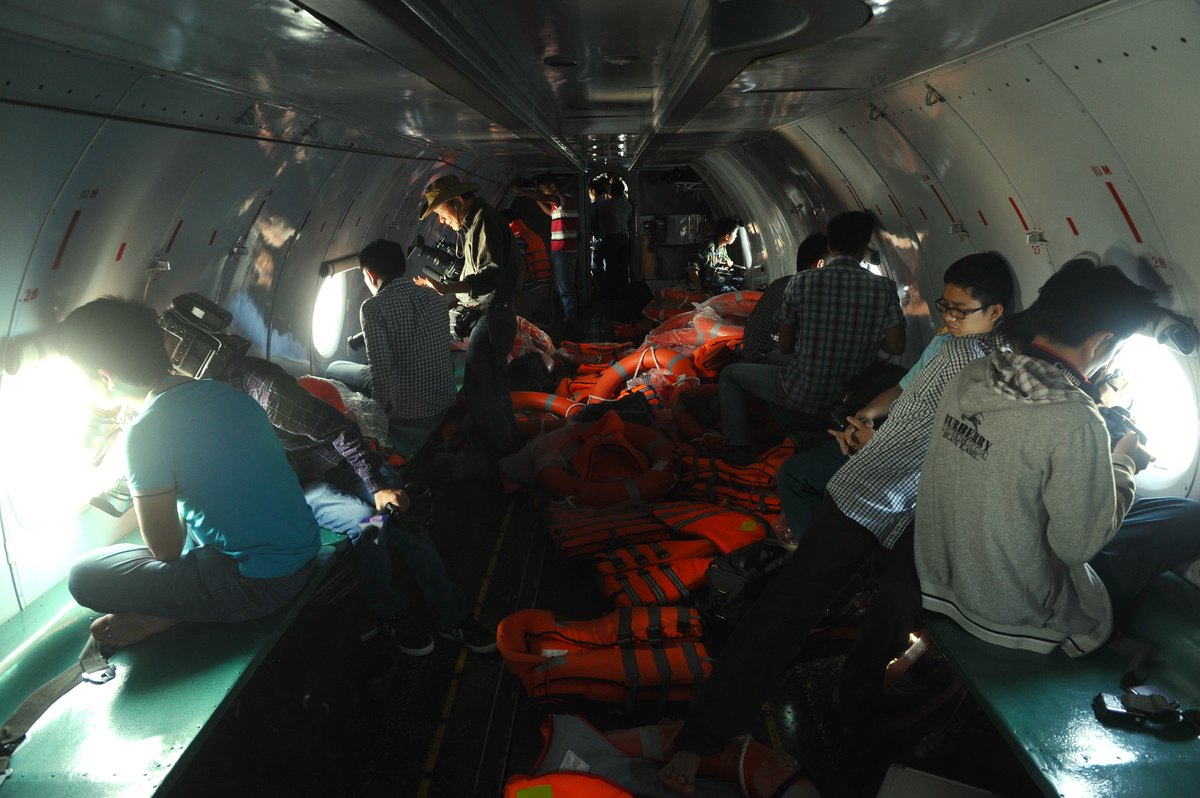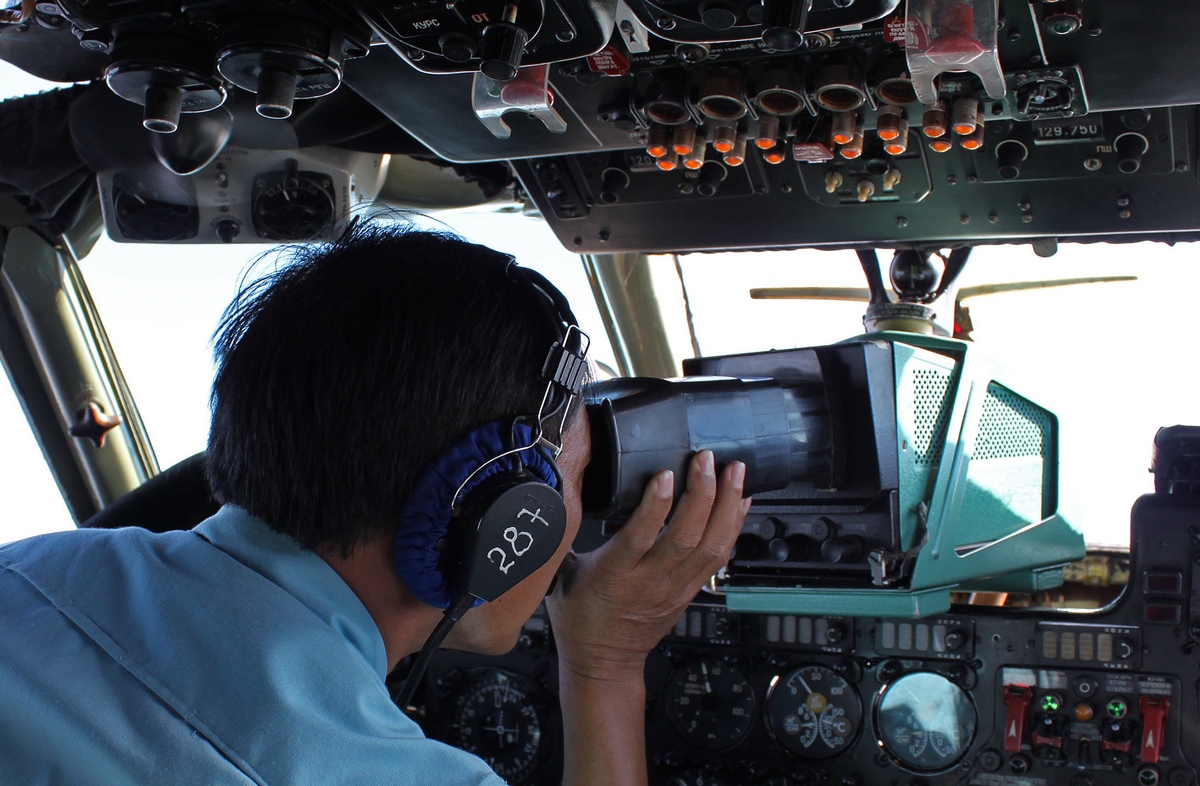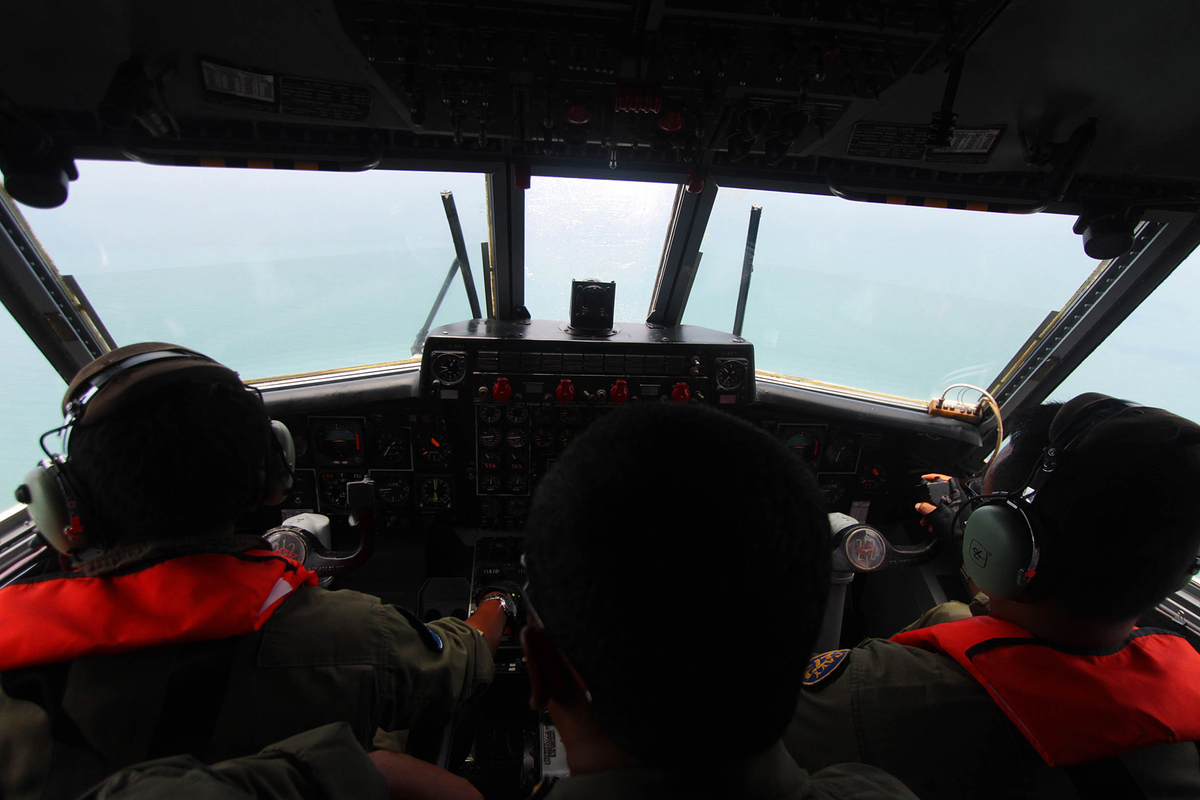Still searching




KUALA LUMPUR, Malaysia — Malaysia called for satellite and radar data from 22 countries as the search for a missing airliner evolved to include a massive criminal investigation alongside the physical hunt for the plane.
U.S. officials confirmed that they had examined the names of the passengers and crew members on Malaysia Airlines Flight MH370 for possible connections to terrorist groups — none have been disclosed — but also expressed frustration that Malaysia had not asked for more extensive help from the FBI in investigating what is now thought to be a “deliberate act.”
India said Sunday that it had suspended its involvement in the search for the plane until it becomes clearer where its ships and planes should be looking — or how its officials might support the criminal side of the probe. Privately, Indian officials were also upset over Malaysia’s handling of the case and the massive area they were expected to scour — an example of how regional tensions and backbiting have plagued the investigation.
Attention focused Sunday on the plane’s pilot and co-pilot after authorities searched the homes of both men and removed the captain’s flight simulator. Analysts tried to divine the significance of the fact that a satellite-based flight data system on the plane had been shut down before a crew member — or whoever was in the cockpit — signed off to Malaysian air traffic control with a seemingly innocuous “All right, good night” before the plane left Malaysian airspace.
That detail, confirmed by Malaysian authorities, suggests that the person at the controls of the plane continued to indicate that all was fine even though the Aircraft Communications Addressing and Reporting System, known as ACARS, had gone off-line. The plane’s transponder — a separate device that provides a precise location to radar systems — was shut down later. The sequence of events, analysts say, appeared consistent with an effort to conceal the aircraft’s position and direction as it veered from its intended northeast path toward Beijing. Ron Carr, who spent 39 years flying for the Air Force and American Airlines before becoming a professor at Embry-Riddle Aeronautical University in Arizona, said that it is “very rare” for ACARS units to malfunction but that the system could be deliberately switched off through its circuit breaker.
From a regional search a week ago in shallow waters in the vicinity of a presumed crash, the disappearance of Flight MH370 has now forced authorities to think along two equally complex tracks: how to find a plane that may have wrecked anywhere over tens of thousands of square miles of ocean and land, and how to home in on a theory about who steered it astray and why.
The physical search now spans much of Asia and extends deep into the Indian Ocean, toward areas where debris could remain unnoticed for years. At the same time, no evidence has surfaced indicating a perpetrator or motive for a criminal act. Even if passengers initially survived whatever happened, the plane carried only limited emergency supplies.
House Intelligence Committee Chairman Mike Rogers (R-Mich.) said on CBS’s “Face the Nation” on Sunday that none of the theories about the fate of the plane had risen “from plausible to the probable.” Despite the speculation about flight directions and timelines, the aircraft may well be “at the bottom of the Indian Ocean,” he said.
No comments:
Post a Comment
Through this ever open gate
None come too early
None too late
Thanks for dropping in ... the PICs